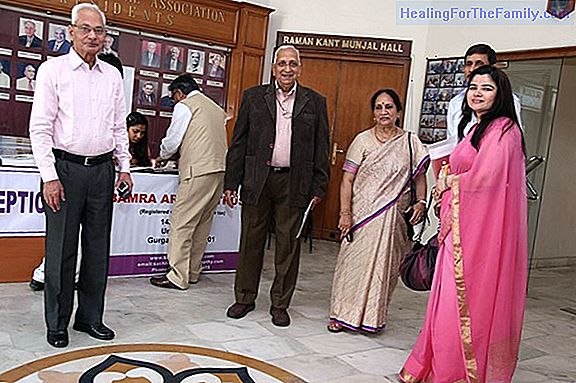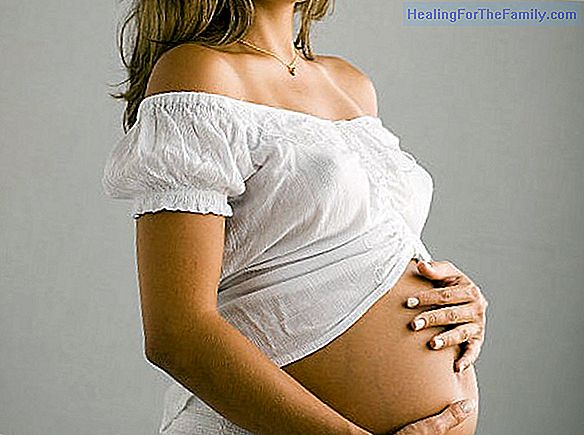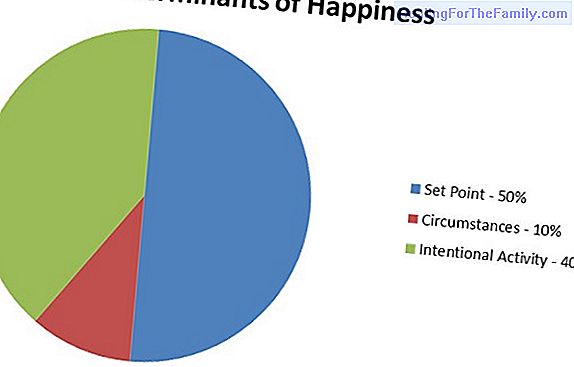Five myths and truths about fertility
When a woman or a couple decides they want to be dads, it is common for them to begin to consult information related to fertility. However, and although it is understandable that questions arise , we should not trust everything the internet tells us. For this reason, Isabel Santillan , gynecologist
When a woman or a couple decides they want to be dads, it is common for them to begin to consult information related to fertility. However, and although it is understandable that questions arise, we should not trust everything the internet tells us.
For this reason, Isabel Santillan, gynecologist expert in fertility, takes us out of doubts about some of the most important queries on Google about fertility.
Five myths and truths about fertility

1- There are postures that promote pregnancy.
False. It is not strange to find women who raise their legs, during and after intercourse, because they think that this way they will retain a greater amount of sperm in the bottom of the vaginal sac and favor fertility, but this depends on the shape of the uterus of each woman . The same happens with certain postures, there is no serious study that relates certain postures with greater fertility.
2- You have to maintain relationships every day.
Yes and no. The truth is that, to conceive, you need a sperm count of at least 20 million parts per milliliter. Hence, many experts recommend giving a margin between ejaculations, a day yes and a day no, so that it increases the concentration in each of them.
However, if the sperm count is high we can have sex as many times as we want.
3- Female orgasm facilitates pregnancy.
True. "When women have an orgasm, uterine contractions are produced that facilitate the transport of sperm to the egg. Likewise, orgasm facilitates ovulation".
4- Sterility and infertility is the same.
False. The sterility makes reference to those couples that, after a time of around a year trying to conceive, they do not manage to gestate. On the other hand, infertility is related to couples who, having conceived, do not achieve an evol evolutionary pregnancy and a term child, relating to the frequency of spontaneous abortions. 5- Curettage reduces the chances of a new pregnancy.
False. Curettage does not reduce the chances of a new pregnancy, unless it has caused
scars or intrauterine adhesions. In classical obstetrics was used to say "woman cure, pregnant woman". In fact, some work suggests that performing a microlevel before a treatment of fertility increases your chances of success. "As we see, many women and couples ignore completely false statements and advice. The best thing, in any case, is to resort to
experts who can resolve our doubts in a reliable way and who assess individually the situation of each patient ", concludes the gynecologist. Source: AVA












